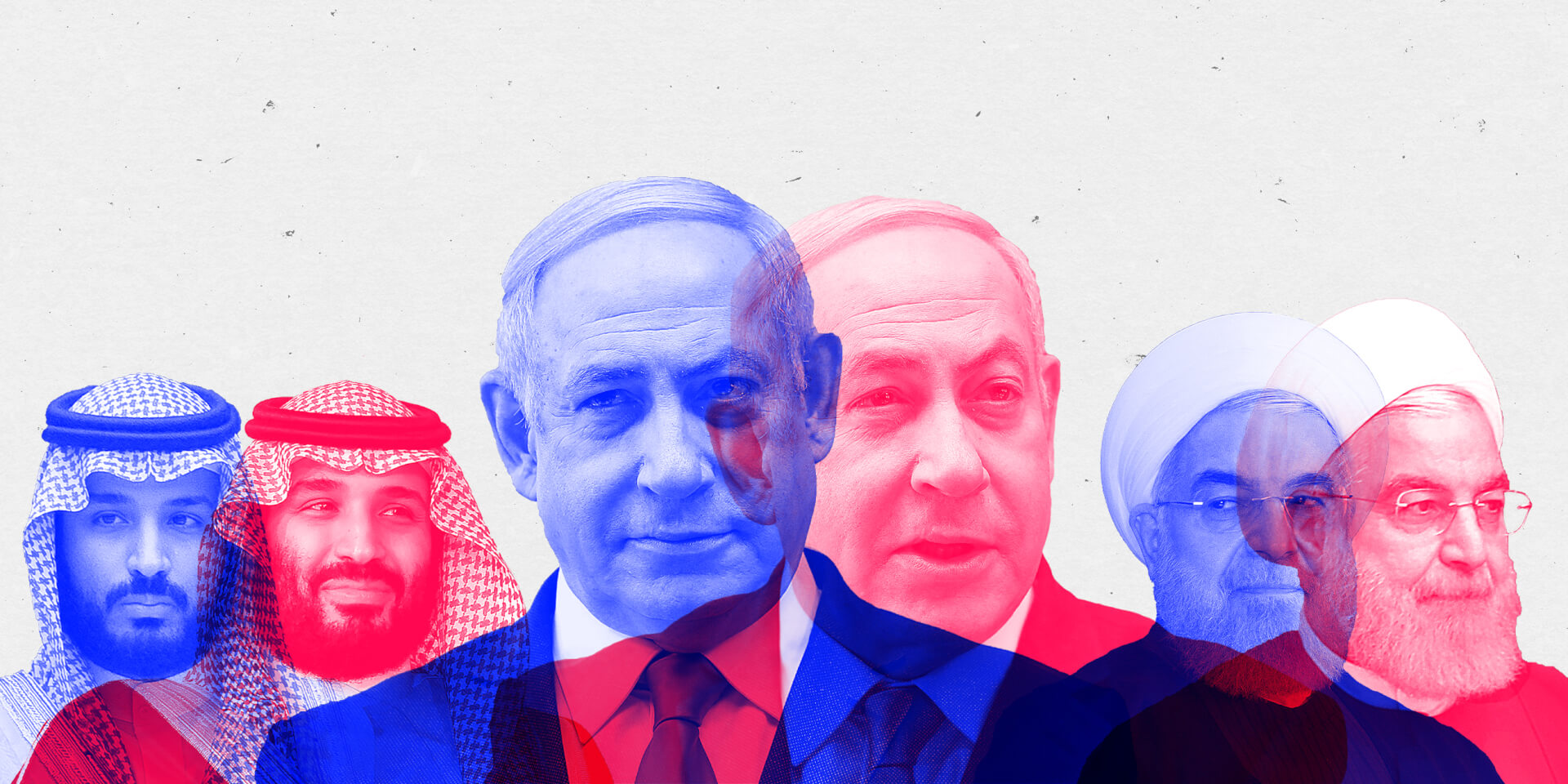It’s election day in the US, and the Americans are set to vote in one of the most partisan presidential elections in recent times. The chosen presidential candidate can significantly impact the Middle East for the next four years.
Concerning US foreign policy, President Trump’s approach has been a matter of continuous controversy over the last four years. While several scholars and analysts find it rather difficult to classify his policies into pre-existing categories, he prefers to label his approach as ‘principled realism’. During his presidency, Trump has attempted to realize his slogan of making America great again by adopting a unilateral approach to diplomacy.
In contrast, Biden has promised to undo Trump’s ‘America First’ approach and instead adopt a multilateral strategy that focuses on rebuilding America’s alliances and reaffirming the US’ commitment to multilateralism which has been significantly eroded under the Trump administration.
With regard to the Middle East, the most significant differences between Trump’s and Biden’s policies are in their approach to Iran, Saudi Arabia, UAE, and Egypt. In 2018, Trump withdrew from the Joint Comprehensive Plan of Action (JCPOA), popularly known as the Iran nuclear deal. Biden, however, wants to re-establish Iran’s deal, arguing that, if the diplomacy path with Iran is re-established, he can prevent Tehran from acquiring a nuclear weapon.
Furthermore, Biden wants to ‘reassess’ US relations with Saudi Arabia and suspend the transfer of American funds towards the Yemen war. The former vice president wants to hold the Saudi Crown Prince Mohammed Bin Salman (MBS) accountable for the murder of Jamal Khashoggi and other human rights violations. In contrast, Trump wants to continue his support for MBS and Saudi Arabia in the Saudi-led war in Yemen.
In Syria, Trump has almost withdrawn all of US troops, which drew a lot of criticism as the move was perceived as the US abandoning its Kurdish allies. The Syrian Kurdish forces had been in partnership with the U.S military for a long time, and the sudden withdrawal left hundreds of Kurdish fighters and civilians highly vulnerable, leading to several deaths. Biden, on the other hand, plans to restore the US’ support for the Kurds and have a small US presence in eastern Syria on the border with Turkey.
While there are some overt differences in the two candidates’ approaches to the Middle East, one area where the outlook is still murky is the issue of Palestine. Even though Biden may not support annexation like Trump, the US will always be committed to Israel’s security, regardless of who comes into power, which means that Palestinians will continue to remain disadvantaged, because that has consistently been the default US position, regardless of who or which party has been in power.
Given Trump’s unilateral approach, four more years under his administration will only further alienate the US from key allies across the world and diminish its international standing and reputation as one of the foremost leaders of a multilateral order. However, a Biden victory could spell a return to normal service in American foreign policy.
Middle East Conflicted Over Impending US Election Outcome
Whether Trump wins or Biden, the Middle East has a lot at stake in the U.S election.
November 4, 2020

SOURCE: The Washington Post
